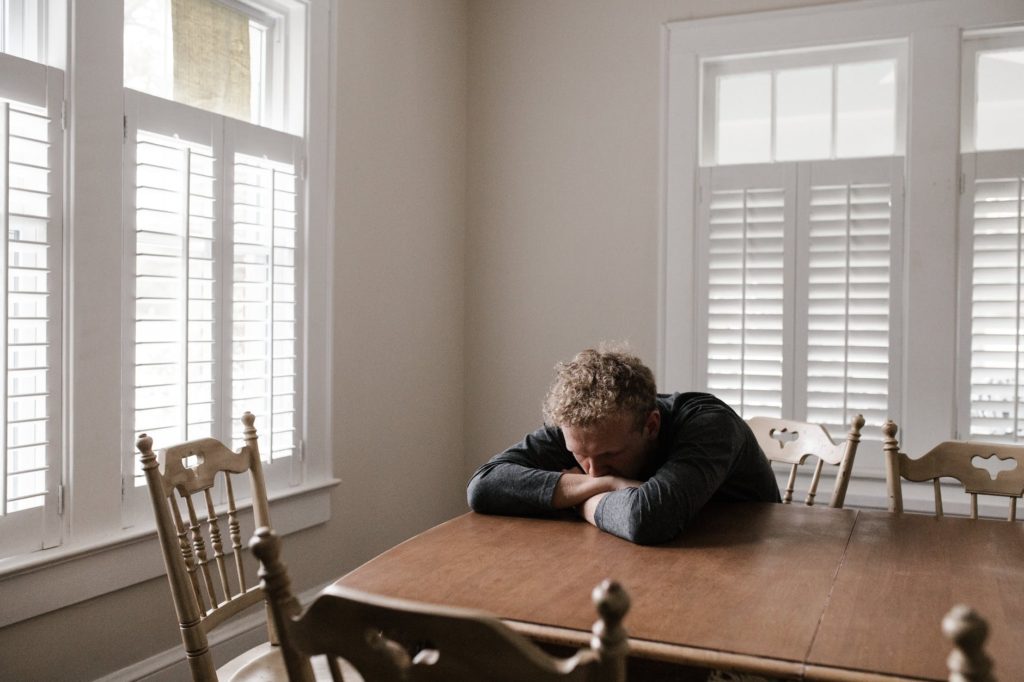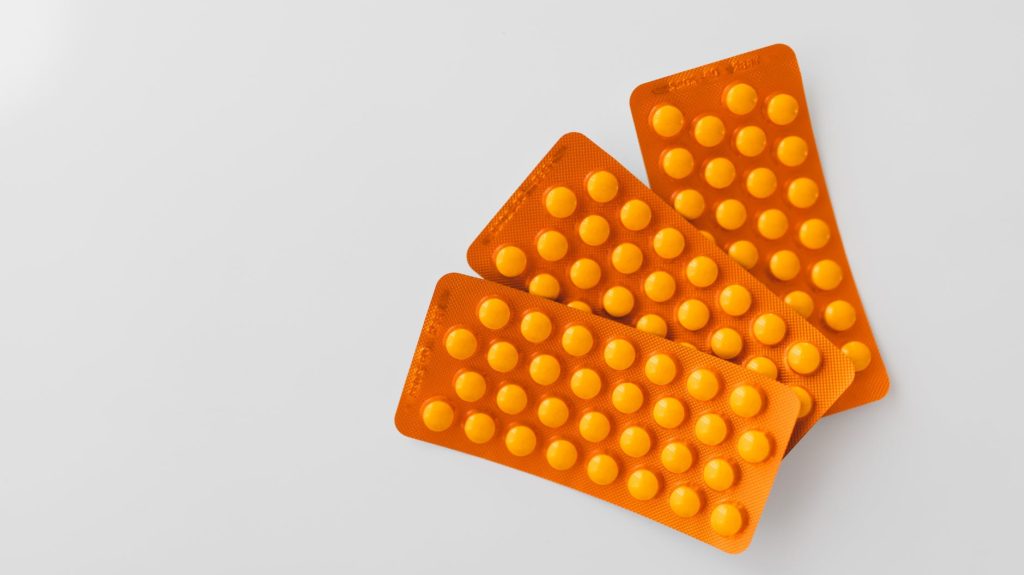Lack of sunlight in winter causes vitamin D levels to drop, which can make some feel cast down. For people with seasonal depression or seasonal affective disorder (SAD), this time is particularly challenging, as shorter and darker days feel dreary. Some experts recommend boosting vitamin D levels with supplements or specific foods to alleviate the SAD symptoms. Does this really work?
The Hypothesis

SAD is a debilitating condition. It disrupts sleep patterns and motivation, making people irritable and sad. It is also associated with low levels of serotonin, a mood-regulating chemical in our body. Vitamin D, which we can get from our diet and sunlight naturally, has been shown to activate its release in the brain. This is not a unique effect, though — popular products on this website also modify serotonin intake.
On the surface, the vitamin should ease the winter blues and depression automatically, but the connection is not straightforward. It is impossible to treat SAD with supplements alone, despite their merits. Unfortunately, research results are quite mixed, but the belief that vitamin D alleviates depression is still widespread.
Why the Connection Is Controversial
It is true that a lack of light can exacerbate SAD. This explains why this condition is more common in the Northern parts of the United States. Exposure to artificial light has helped people suffering from the winter blues or SAD in the past.
Yet, according to The National Center for Integrative and Complementary Health, there is a lack of research on other dietary supplements that may help people with SAD. The available studies on St. John’s wort and melatonin had limited numbers of participants and failed to provide clear or consistent results.
In 2014, the Medical Hypotheses journal published a study suggesting that vitamin D deficiency could play a role in the development of the seasonal disorder, as this vitamin stimulates the production of dopamine and serotonin in the brain. However, another study published that year by researchers from Denmark found no positive effects of vitamin D on SAD symptoms.
It is important to understand that correlation does not equal causation. For example, in 2018, a meta-analysis found that people with depression had lower levels of vitamin D. These findings do not mean the deficiency should be blamed for the symptoms.
As the BBC noted, it is possible that people suffering from depression do not get normal amounts of vitamin D as they mostly stay indoors all year round. Besides, mental health disorders are complex. They can develop due to a person’s environment, physiology, circumstances or some combination of these factors.

Alternative Ways to Ease Symptoms of SAD
What we know is that seasonal depression requires a complex approach. If you suspect you may be suffering from it, consider reaching out to a licensed therapist. The following activities and additional treatments will help you shake off winter sluggishness.
1. Adjusting Bedtime Routine
Move with the seasons. In fall and winter, we get less sunlight, which affects our biological clock and causes melanin disbalance. This makes us feel dispirited and disrupts sleep patterns. Therefore, try switching to an earlier bedtime if you are not getting enough sleep.
Get up early and use an alarm clock with a sunrise effect to maintain your circadian rhythm. This trendy gadget will illuminate your room gradually imitating morning light instead of obnoxious buzzing, beeping, or chiming. This allows you to wake up naturally at a time of your choosing.
2. Early Morning Walks
People with SAD should try to maximize exposure to what little daylight winter months offer. Spend at least half an hour outside early in the morning to catch some sun rays. Squeeze in 30 minutes to stretch your legs before the day begins. This will help you feel much better.
3. Light Therapy
Artificial light is highly effective for people with SAD. Therapy involves sitting near a special device emitting a bright light that imitates natural light. On the downside, you may experience irritability, loss of appetite, or even mania.
Word of Caution
Like some other vitamins, vitamin D may be toxic if you take too much of it. As it is fat-soluble, it is relatively easy to exceed your dose inadvertently and reach toxic levels. Before trying any dietary supplements, consult your healthcare provider and have your D level checked. This is particularly important if you are taking any medicine.
The Bottom Line
While vitamin D may help you feel better when there is a lack of natural sunlight, it is not enough to treat seasonal depression. Consider making changes to your daily routine to soak in as much daylight as possible. Enrich your diet with nutrients, including vitamin D, and talk to your therapist or doctor if you suspect that your condition is SAD, rather than the winter blues.



